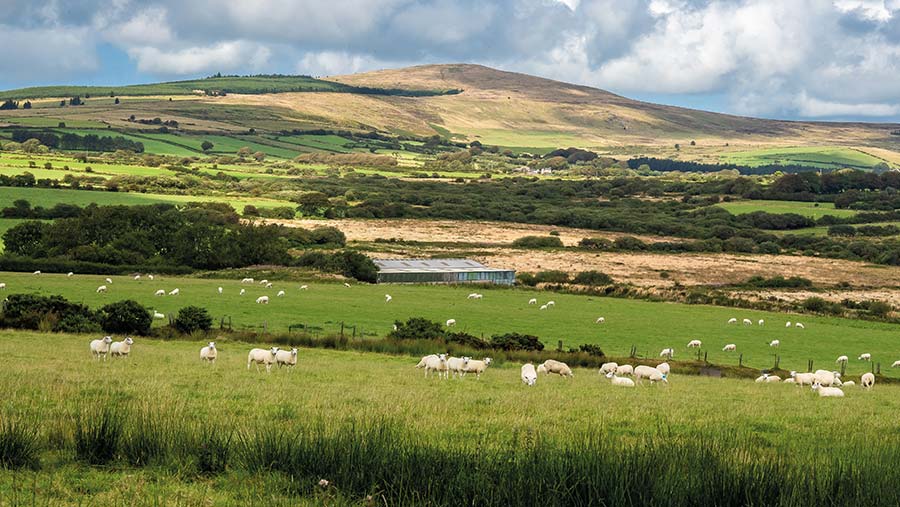Advice on registering trusts for farming partnerships
 © Postywood1/Adobe Stock
© Postywood1/Adobe Stock Many farming partnerships need to be aware of the rules regarding trust registration and for which there are only limited exceptions.
The latest information from HMRC suggests many more farming partnerships need to register as a trust than originally anticipated.
Samantha Corner, senior tax manager with accountant Land Family Business, says there has been debate for many months as to whether farming partnerships should be registered.
New rules on registering trusts were introduced in 2020 as part of compliance with anti-money laundering regulations.
See also: Business Clinic: Is a discretionary trust the right move for our farm and family
The rules required that if an express trust was in place then they should be registered with the Trust Registration Service (TRS) by 1 September 2022.
An express trust is one that has been set up deliberately, usually in writing.
Where land is held in a farming partnership, it is deemed to be held in trust for the benefit of all partners, even if it is credited to the capital account of an individual partner.
Initially, HMRC had indicated that there would be no requirement for partnerships registered under self-assessment to also register as a trust.
However, guidance has since confirmed that where an express trust has been created by a partnership agreement, or a declaration of trust, and where the legal and beneficial owners of land are not the same, the partnership is required to register.
Declaration of trust
Ms Corner said most of the firm’s farming clients would be affected because they tended to have a written partnership agreement in place, with land put into the partnership using a declaration of trust.
This was part of tax planning to ensure assets were eligible for business property relief (BPR).
“I imagine there will be a lot of similar family partnerships out there that don’t even realise that they are required to register.”
Farming businesses which do not have a written partnership agreement or a separate declaration of trust currently do not look as if they are affected by the requirement, but that could change as further guidance is expected from HMRC shortly.
A deliberate failure to register could result in a penalty of £5,000, but there is no need for alarm if you haven’t registered yet, stresses Ms Corner.
“HMRC is currently operating a ‘soft landing approach’ for a first offence, which should mean there are no penalties as a result of late registration.”
Limited exclusions
There are some exclusions if land is held by individuals for the benefit of themselves and no one else.
For example, if A and B own the land 50:50 and they have a declaration of trust which states that their beneficial interest is also 50:50, then they are not required to register.
“It all comes down to legal ownership and beneficial ownership, and if they don’t match then you are required to register,” says Ms Corner.
There is also an exclusion if the beneficial interest in property is owned by more than four people but only four of them hold the legal title.
It is only possible for a maximum of four names to be listed as legal owners of land with the Land Registry.
In cases where there are more than four beneficial and legal owners, there is no need to register.
Ms Corner warns that everything has to be looked at on a case-by-case basis, as there are so many different scenarios between businesses according to who owns what land.
It is, therefore, important to seek professional advice.
“It is an administrative burden, but I would urge people to look at it as a good opportunity to get their house in order in terms of succession planning and making sure they are maximising the opportunity to claim BPR,” says Ms Corner.
“That way the cost of paying an accountant to register the trust might be a little more appealing.”
Registration and updates
Registering with the Trust Registration Service (TRS) is free. However, because farmers are likely to need the assistance of their accountant or solicitor, there will be professional fees to pay.
Entries must be updated annually, and any changes – including partners or land held – must be notified to the TRS within 90 days.
